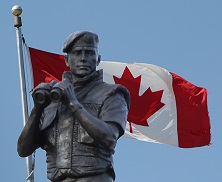True and Fascinating Canadian History
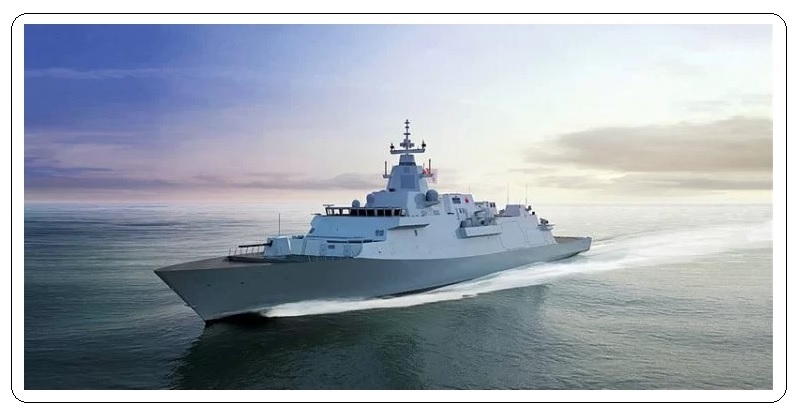
Vet of the Month: March, 2021
O.372, Chief Superintendent
Kenneth Willliam Newman Hall
RCMP Vets. Ottawa, ON
Kenneth William Newman Hall demonstrated exceptional leadership skills and bravery especially with the Royal Canadian Navy during WWII. Some years later, after the war, he was also presented with a very unique International Award. Throughout his police career, Hall was equally successful -- he rose to the rank of Chief Superintendent in the RCMP.
K. W. Hall was born in 1905 in Belfast, Northern Ireland and his family immigrated to Canada when he was a boy. Growing up along the shores of Nova Scotia, he took an avid interest in the sea and he dreamed someday of the Canadian Navy. Eventually, he accomplished his goal with the Navy, but first he signed on as a Special Constable with the RCMP in Ottawa. It was 1932 and, for the time being, Canada was at peace.
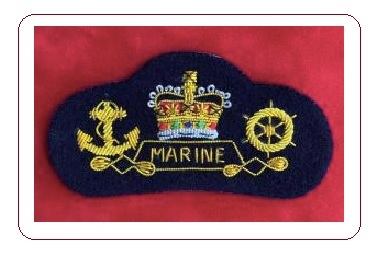
After Basic Recruit Training at “Depot” Division in Regina, SK, Hall was posted briefly to Rockcliffe near Ottawa, ON. But, there were early rumours of war, and the RCMP 'Marine' Division was expanding its fleet of ships and they were also looking for volunteers. Hall had expressed a deep interest in ships and the sea and so he was transferred to the 'Marine' Division in Halifax, NS.
Through the early and mid 1930's Hall served on various RCMP Police Vessels; the “Bayhound” the “Advance”, the “Captor” and the “Fleurdelis”. Duties of the 'Marine' Division consisted of law enforcement on the water and preventative patrols as well as enforcing Canada's customs and immigration laws. When WWII broke out, the RCMP 'Marine' Division was transferred under the command of the Royal Canadian Navy (RCN). It was September 30, 1939 and Kenneth Hall had reached the rank of Able Seaman. Thousands of Canadians including Kenneth Hall were pulled into WWII.
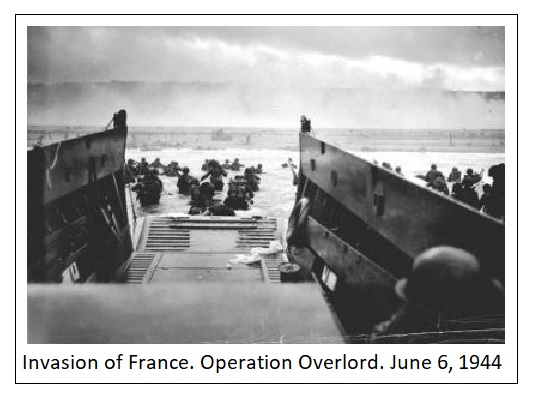
Hall was promoted to the rank of Lieutenant-Commander and on October 26, 1942, he was given command of a Bangor-Class minesweeper, the HMCS “Cowichan”. Not too long afterwards he, his crew of 6 Officers and 77 men were ordered to speed to the English Channel and to join the 31st Canadian minesweeping flotilla. Protection of the English Channel was a high priority.
On June 6, 1944, Canadian, American and British Armed Forces landed on the Normandy Coast of France. Given the codename "Overlord" the Allied operation launched a successful invasion of German-occupied Western Europe during WWII. Wikipedia described Operation Overlord as, "...A 1,200-plane airborne assault preceded an amphibious assault involving more than 5,000 vessels." When one considers the dangers faced by the minesweeping flotilla as it approached the shores of France, it must have crossed Hall's mind that he might not survive the war. Minesweepers are not usually involved in direct attacks of the enemy, however Hall and his crew were ordered to stay in formation even if they came under attack. While Hall was in command of the “Cowichan”, he demonstrated superb seamanship skills even as his ship and other ships approached German guns under cover of darkness in a strong cross-tide and in poor weather. The dangerous operation involving mine sweeping, the proximity of the "Cowichan" to German held territory and beaches, and the near death experinces left life lasting impressions on Hall and his entire crew.
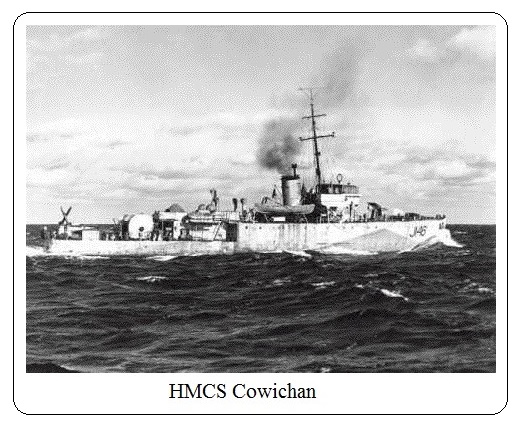
Operation Overlord and the invasion of Europe was successful due to the bravery of all the Allied Forces including Kenneth Hall and his crew. After the invasion, he remained in command of the “Cowichan” and he returned to Canada in February 1945. He relinquished command on April 22, 1945 near the end of the war in Europe. After WWII, Kenneth Hall left the Navy and he re-joined the RCMP. He was promoted to Corporal. During the summer of 1945, Hall commanded the frigate HMCS “Joliette.” Three months later, he was promoted to Staff Sergeant and on March 15, 1946, he was Commissioned as a Sub-Inspector.
For his heroic actions on D-Day, Sub-Inspector Kenneth William Newman Hall was invested with the French Croix de Guerre avec Étoile de Vermeil (War Cross with silver-gilt star) at a ceremony in Ottawa, Ontario, on March 22, 1947. Making the investiture was Rear Admiral Anthony Storrs, the Senior Naval Officer of the 31st Minesweeping Flotilla, a Canadian naval unit that cleared the waters before the Americans landed at Utah and Omaha beaches on D-Day.
Kenneth Hall served as the Officer Commanding (OC) of several RCMP 'Marine' Division “Commissioner-Class” police vessels. He was also the Skipper of the “St. Roch” on her 1950 Vancouver-to-Halifax voyage through the Panama Canal, making the “St. Roch” the first ship to circumnavigate North America.
In 1951 Hall was transferred to the Special Branch in Ottawa and promoted to Superintendent. On April 1, 1955 he became Director of Security and Intelligence. In 1958 he was selected to attend the Imperial Defence College in London, England.
Upon his return to Canada, Hall was placed in charge of the 'HQ' Inspection Team and in 1962 he was promoted to Chief Superintendent. Chief Superintendent Hall retired to pension on January 14, 1966.
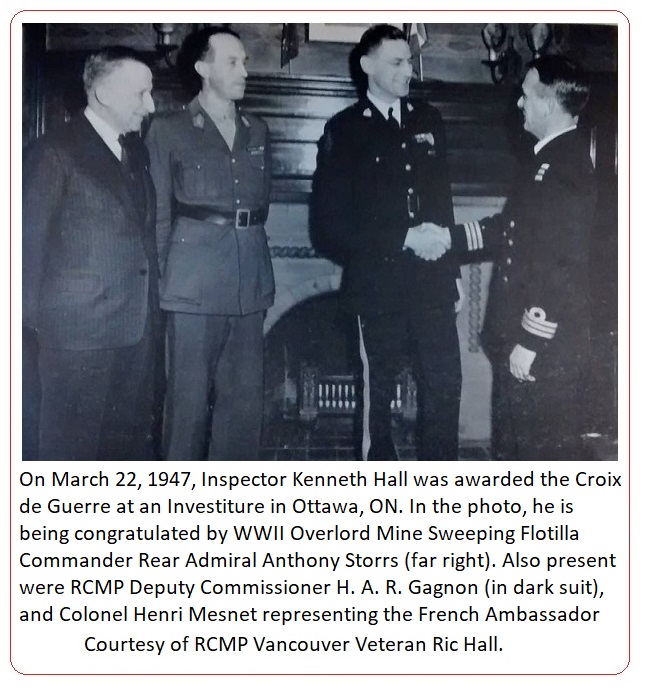
Kenneth William Newman Hall died on August 28, 1978, at Halifax, NS. He was 73 years old. He was cremated, and his ashes were spread into the wind out at sea. It was what he wanted.
Reporting from Fort Healy,
J. J. Healy
March 23, 2021
I would like to acknowledge author Geoff Kirbyson and RCMP Researcher Mark Gaillard, CD who had previously written about the life and times of Chief Superintendent Hall. Their historical notes were of an immense help to me in composing this short shory.

